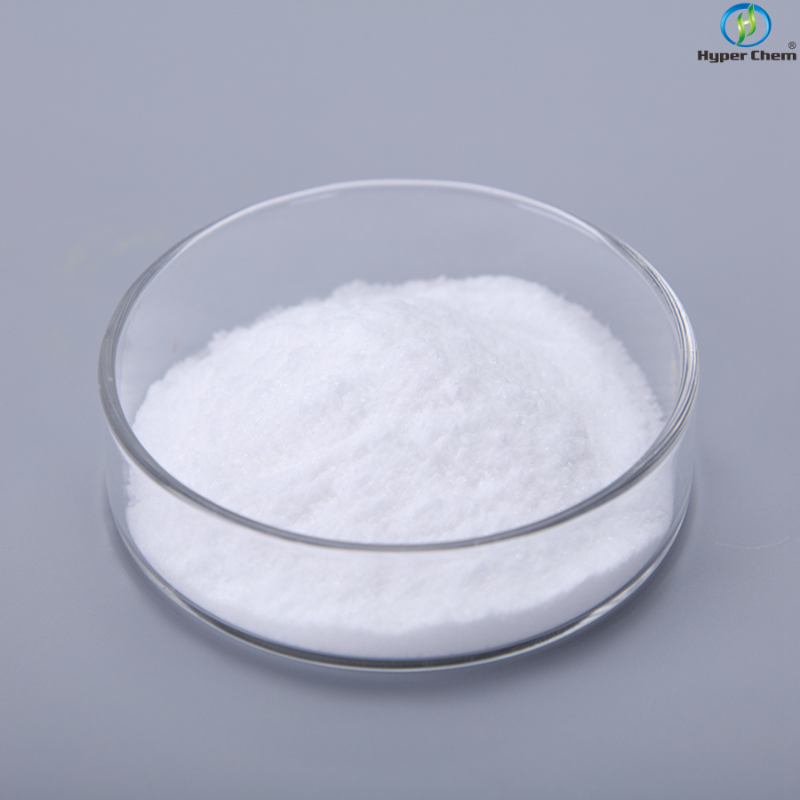-
Categories
-
Pharmaceutical Intermediates
-
Active Pharmaceutical Ingredients
-
Food Additives
- Industrial Coatings
- Agrochemicals
- Dyes and Pigments
- Surfactant
- Flavors and Fragrances
- Chemical Reagents
- Catalyst and Auxiliary
- Natural Products
- Inorganic Chemistry
-
Organic Chemistry
-
Biochemical Engineering
- Analytical Chemistry
-
Cosmetic Ingredient
- Water Treatment Chemical
-
Pharmaceutical Intermediates
Promotion
ECHEMI Mall
Wholesale
Weekly Price
Exhibition
News
-
Trade Service
stomachache, eating ibuprofen; menstrual pain, taking ibuprofen; Toothache, eating ibuprofen .
.
.
The efficacy of ibuprofen seems to cover all kinds of pain
encountered in daily life.
Recently, the topic #Is ibuprofen really a universal painkiller# was sent to the hot search
by netizens.
"Does regular use of ibuprofen create dependency?" "Why do you want to vomit as soon as you eat ibuprofen?" .
.
.
.
.
.
Many netizens raised questions
under the hot search terms.
Ibuprofen is not a "panacea" Patients with stomach pain should not take ibuprofen for pain relief
In general, analgesics are mainly divided into two categories, one is narcotic analgesics, the other is non-narcotic analgesics, and ibuprofen belongs to the non-steroidal anti-inflammatory analgesics among non-narcotic analgesics
.
Xu Chenjie, chief physician of the pain department of Nanjing First Hospital, told reporters: "From a clinical point of view, ibuprofen does have a certain analgesic effect, it is to reduce the body's inflammatory response to achieve pain relief effect, not a simple analgesic.
"
”
The drug mechanism of ibuprofen is to inhibit epoxyenzyme in the body and reduce the synthesis of prostaglandins to relieve mild to moderate inflammatory pain, such as headache, joint pain, toothache, dysmenorrhea, etc.
, but prostaglandins have the effect of protecting the gastric mucosa and reducing gastric acid damage, gastrointestinal discomfort is one of
the most prone adverse reactions after using ibuprofen.
Director Xu Chenjie reminded: "Heartburn, stomach pain, nausea and vomiting are common side effects after taking ibuprofen, and patients with stomach pain must not use ibuprofen to relieve pain
.
" Because such drugs may damage the gastric mucosa, aggravate the condition, and may cause acute gastric mucosal lesions
.
”
Except for stomach pain, ibuprofen should not be eaten, and all patients with pain should not take ibuprofen
on an empty stomach.
Usually the stomach is not good, often nausea, vomiting or acid reflux people should pay more attention, because ibuprofen itself has certain side effects on the gastrointestinal tract, eating on an empty stomach may lead to damage to the barrier function of the gastric mucosa, causing stomach diseases
.
At the same time, do not drink alcohol while taking medicine
.
NSAIDs are not addictive but should be avoided in large doses for long periods of time
Most of the non-steroidal anti-inflammatory analgesics represented by ibuprofen are over-the-counter drugs, and consumers can buy them in pharmacies by themselves, but they must pay attention to the contraindications of such drugs when using
.
Director Xu Chenjie said that as long as the patient has a history of allergy to non-steroidal drugs, non-steroidal anti-inflammatory analgesics
should not be used.
In addition, people with active peptic ulcer and recent gastrointestinal bleeding; pregnant and lactating women; Liver function, renal insufficiency, etc.
can not be used
.
"It is also necessary to avoid patients taking large doses of their own for a long time, and it is best to seek medical help early in the onset of pain, so as not to delay the optimal treatment time
of the condition.
"
With the further strengthening of everyone's understanding of pain management, more and more people are no longer affected by the idea of "endure and pass" for toothache, dysmenorrhea and other phased pains, and taking painkillers has become an increasingly accepted reality
.
But this has left many people questioning the addictive nature
of analgesics.
"Although this happens, not all painkillers are addictive," Xu said, "NSAIDs are not addictive and dependent
.
" ”
"Most of this concern exists in opioids in narcotic analgesics, but such painkillers are prescription drugs, as long as the doctor follows the doctor's advice for rational use and management, opioids are still relatively safe, can avoid the occurrence of drug dependence, do not need to worry too much
.
" Xu Chenjie said that eliminating pain is the basic right of patients, and we have always recommended that patients should not be patient in the face of pain, find pain in time, correctly understand pain, and solve pain as soon as possible, in order to better improve the quality of life
.
(Editor Li Chuang)







